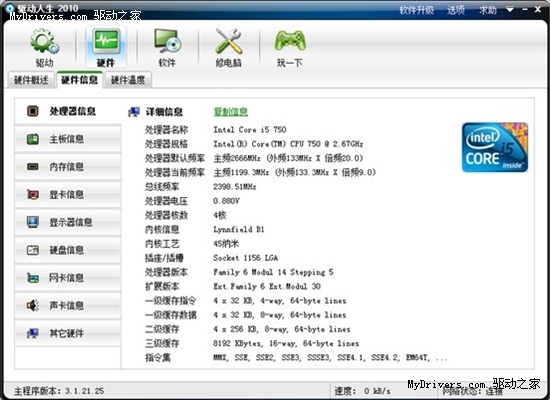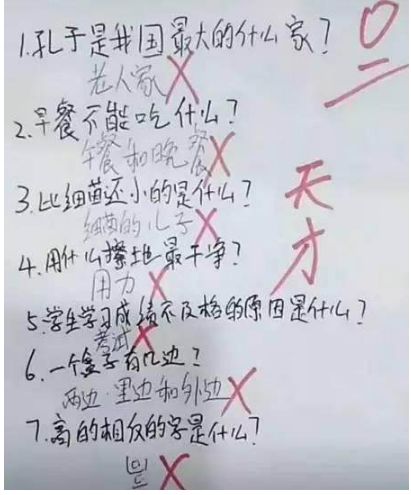本文是一篇JsRender的实用入门教程,实例讲述了tag else使用、循环嵌套访问父级数据等知识点。分享给大家供大家参考。具体如下:
前言
JsRender是一款基于jQuery的JavaScript模版引擎,它具有如下特点:
· 简单直观
· 功能强大
· 可扩展的
· 快如闪电
这些特性看起来很厉害,但几乎每个模版引擎,都会这么宣传。。。
由于工作需要,小菜才接触到此款模版引擎。使用了一段时间,发现它确实比较强大,但小菜觉得有些地方强大的过头了,反倒让人觉得很难理解。
另一方面,JsRender的官方文档比较详细,但其他资料出奇的少,遇到点什么问题,基本搜不到,不仅仅是相关问题搜不到,几乎就是没有结果。
再加上JsRender有些地方确实是不好理解,所以急需小菜分享一些“最佳实践”。
基于最近一段时间的使用,小菜总结了一些实用经验,当然,这些经验在官方文档上是找不到的。
嵌套循环使用#parent访问父级数据(不推荐)
<html>
<head>
<meta charset="utf-8">
<title>嵌套循环使用#parent访问父级数据 --- by 杨元</title>
<style>
</style>
</head>
<body>
<div>
<table>
<thead>
<tr>
<th width="10%">序号</th>
<th width="10%">姓名</th>
<th width="80%">家庭成员</th>
</tr>
</thead>
<tbody id="list">
</tbody>
</table>
</div>
<script src="jquery.min.js"></script>
<script src="jsviews.js"></script>
<!-- 定义JsRender模版 -->
<script id="testTmpl" type="text/x-jsrender">
<tr>
<td>{{:#index + 1}}</td>
<td>{{:name}}</td>
<td>
{{for family}}
{{!-- 利用#parent访问父级index --}}
<b>{{:#parent.parent.index + 1}}.{{:#index + 1}}</b>
{{!-- 利用#parent访问父级数据,父级数据保存在data属性中 --}}
{{!-- #data相当于this --}}
{{:#parent.parent.data.name}}的{{:#data}}
{{/for}}
</td>
</tr>
</script>
<script>
//数据源
var dataSrouce = [{
name: "张三",
family: [
"爸爸",
"妈妈",
"哥哥"
]
},{
name: "李四",
family: [
"爷爷",
"奶奶",
"叔叔"
]
}];
//渲染数据
var html = $("#testTmpl").render(dataSrouce);
$("#list").append(html);
</script>
</body>
</html>
嵌套循环使用参数访问父级数据(推荐)
<!DOCTYPE html>
<html>
<head>
<meta charset="utf-8">
<title>嵌套循环使用参数访问父级数据 --- by 杨元</title>
<style>
</style>
</head>
<body>
<div>
<table>
<thead>
<tr>
<th width="10%">序号</th>
<th width="10%">姓名</th>
<th width="80%">家庭成员</th>
</tr>
</thead>
<tbody id="list">
</tbody>
</table>
</div>
<script src="jquery.min.js"></script>
<script src="jsviews.js"></script>
<!-- 定义JsRender模版 -->
<script id="testTmpl" type="text/x-jsrender">
<tr>
<td>{{:#index + 1}}</td>
<td>{{:name}}</td>
<td>
{{!-- 使用for循环时,可以在后边添加参数,参数必须以~开头,多个参数用空格分隔 --}}
{{!-- 通过参数,我们缓存了父级的数据,在子循环中通过访问参数,就可以间接访问父级数据 --}}
{{for family ~parentIndex=#index ~parentName=name}}
<b>{{:~parentIndex + 1}}.{{:#index + 1}}</b>
{{!-- #data相当于this --}}
{{:~parentName}}的{{:#data}}
{{/for}}
</td>
</tr>
</script>
<script>
//数据源
var dataSrouce = [{
name: "张三",
family: [
"爸爸",
"妈妈",
"哥哥"
]
},{
name: "李四",
family: [
"爷爷",
"奶奶",
"叔叔"
]
}];
//渲染数据
var html = $("#testTmpl").render(dataSrouce);
$("#list").append(html);
</script>
</body>
</html>
自定义标签(custom tag)中使用else(强烈不推荐)
<!DOCTYPE html>
<html>
<head>
<meta charset="utf-8">
<title>自定义标签中使用else --- by 杨元</title>
<style>
</style>
</head>
<body>
<div>
<table>
<thead>
<tr>
<th width="50%">名称</th>
<th width="50%">单价</th>
</tr>
</thead>
<tbody id="list">
</tbody>
</table>
</div>
<script src="jquery.min.js"></script>
<script src="jsviews.js"></script>
<!-- 定义JsRender模版 -->
<script id="testTmpl" type="text/x-jsrender">
<tr>
<td>{{:name}}</td>
<td>
{{!-- isShow为自定义标签,price是传入的参数,status是附加属性 --}}
{{isShow price status=0}}
{{:price}}
{{else price status=1}}
--
{{/isShow}}
</td>
</tr>
</script>
<script>
//数据源
var dataSrouce = [{
name: "苹果",
price: 108
},{
name: "鸭梨",
price: 370
},{
name: "桃子",
price: 99
},{
name: "菠萝",
price: 371
},{
name: "橘子",
price: 153
}];
//自定义标签
$.views.tags({
"isShow": function(price){
var temp=price+''.split('');
if(this.tagCtx.props.status === 0){
//判断价格是否为水仙花数,如果是,则显示,否则不显示
if(price==(Math.pow(parseInt(temp[0],10),3)+Math.pow(parseInt(temp[1],10),3)+Math.pow(parseInt(temp[2],10),3))){
return this.tagCtxs[0].render();
}else{
return this.tagCtxs[1].render();
}
}else{
return "";
}
}
});
//渲染数据
var html = $("#testTmpl").render(dataSrouce);
$("#list").append(html);
</script>
</body>
</html>
用helper代替自定义标签(推荐)
<!DOCTYPE html>
<html>
<head>
<meta charset="utf-8">
<title>用helper代替自定义标签 --- by 杨元</title>
<style>
</style>
</head>
<body>
<div>
<table>
<thead>
<tr>
<th width="50%">名称</th>
<th width="50%">单价</th>
</tr>
</thead>
<tbody id="list">
</tbody>
</table>
</div>
<script src="jquery.min.js"></script>
<script src="jsviews.js"></script>
<!-- 定义JsRender模版 -->
<script id="testTmpl" type="text/x-jsrender">
<tr>
<td>{{:name}}</td>
<td>
{{!-- 利用原生的if做分支跳转,利用helper做逻辑处理 --}}
{{if ~isShow(price)}}
{{:price}}
{{else}}
--
{{/if}}
</td>
</tr>
</script>
<script>
//数据源
var dataSrouce = [{
name: "苹果",
price: 108
},{
name: "鸭梨",
price: 370
},{
name: "桃子",
price: 99
},{
name: "菠萝",
price: 371
},{
name: "橘子",
price: 153
}];
//Helper
$.views.helpers({
"isShow": function(price){
var temp=price+''.split('');
if(price==(Math.pow(parseInt(temp[0],10),3)+Math.pow(parseInt(temp[1],10),3)+Math.pow(parseInt(temp[2],10),3))){
return true;
}else{
return false;
}
}
});
//渲染数据
var html = $("#testTmpl").render(dataSrouce);
$("#list").append(html);
</script>
</body>
</html>
希望本文所述对大家JsRender程序设计的学习有所帮助。















